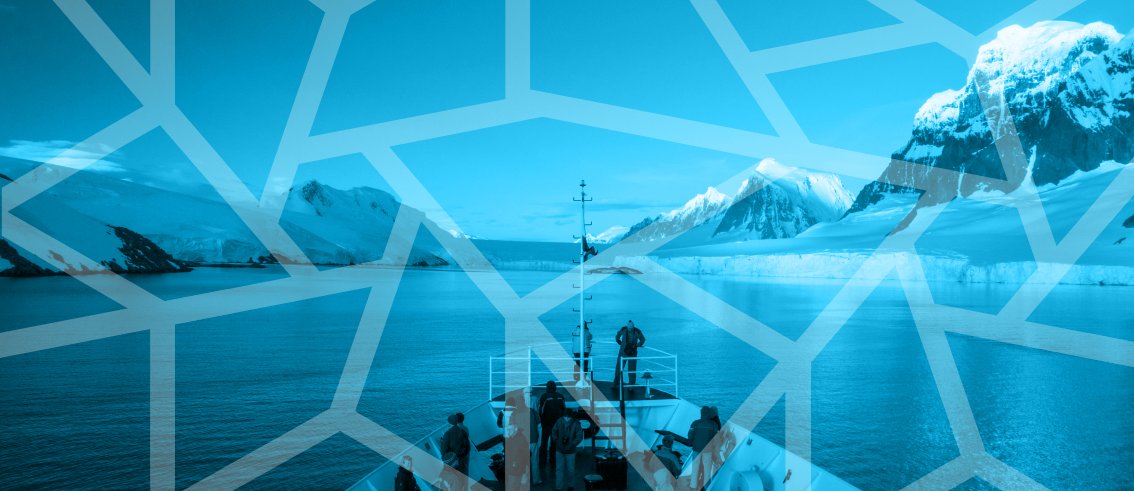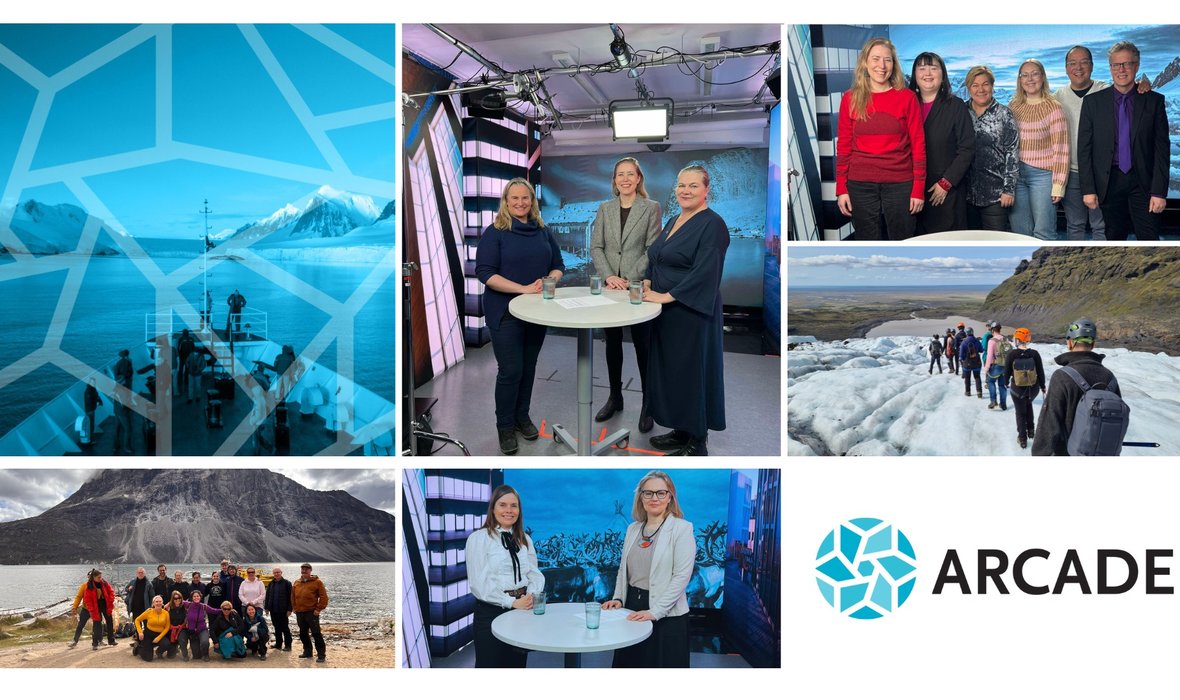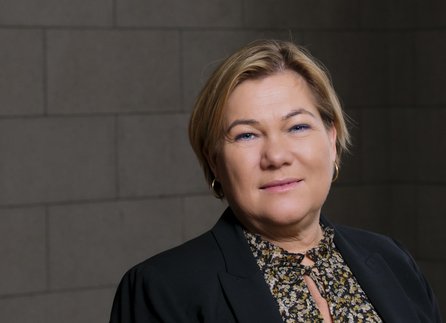
MOOC - Social and Environmental Leadership in the Arctic
About this course
Explore governance, resilience, and policy leadership in a rapidly changing region
This interdisciplinary course examines the urgent social and environmental challenges facing the Arctic. Designed for students, researchers, and professionals, the course provides practical tools to navigate Arctic governance, engage communities, and translate science into policy.
Press here to view the course on edX homepage
This MOOC was developed as part of the ARCADE Programme at the University of Iceland, co-funded by the European Union through its Erasmus+ programme. It is delivered by a consortium of leading institutions, including the Centre for Arctic Studies and the Sustainability Institute at the University of Iceland, the University of Greenland (Ilisimatusarfik), UiT – The Arctic University of Norway, and the Arctic Initiative at the Harvard Kennedy School.
The course comprises several modules through which participants explore the complex social, environmental, and political challenges facing the Arctic and develop leadership and communication skills in an interdisciplinary learning environment.
What you’ll learn about:
- Arctic Governance & Security
Understand how the Arctic is governed across local, national, and regional levels. Explore concepts of territory, sovereignty, and the role of institutions like the Arctic Council—alongside emerging geopolitical tensions and security debates. - Community-Based Resilience
Examine how Arctic communities respond to climate and environmental change through sustainable tourism, energy transitions, and local adaptation strategies. Learn ethical and methodological approaches for community collaboration. - Socioeconomic Impacts of Climate Change
Analyze how climate shifts affect fisheries, natural resource extraction, and global trade. Investigate the balance between economic opportunity and environmental risk. - Leadership from Science to Policy
Gain skills in stakeholder mapping and policy writing. Learn how to lead with purpose, translate research into policy briefs, and engage decision-makers effectively.
Why take this course?
- Taught by Arctic-based experts from Greenland, Iceland, and Norway
- Includes real-world case studies and interdisciplinary approaches
- Equips learners with actionable tools
Join us to develop the knowledge and leadership capacity needed for a more sustainable Arctic future—and a more resilient world.
What you'll learn
- Identify key governance structures in the Arctic
- Examine diverse definitions of Arctic security
- Explore the nexus between climate change and regional security and governance
- Understand the importance of social sustainability and resilience in Arctic communities
- Understand the importance of ethics and research conduct
- Analyze the socioeconomic trade-offs of climate change in the Arctic
- Apply interdisciplinary frameworks to Arctic climate issues
- Explore key leadership roles and strategies
- Identify and evaluate appropriate methods for communicating research findings
- Develop the ability to create policy briefs that communicate scientific research in a clear, actionable manner

Curriculum
Language: English | Transcripts: English
Arctic Security and Territoriality
What does security mean in the Arctic, and for whom? In this module evolving concept of Arctic security will be explored. Governance frameworks like the Arctic Council will be examined and concepts such as sovereignty, nationhood, and territorial claims that are shaped by climate change, global interest, and regional dynamics will be reflected on.
Community Responses to the Changing Arctic
Arctic communities are on the frontlines of environmental and social transformation. This module focuses on how communities adapt to change, drawing on local knowledge, cultural practices, and collaborative innovation. Through case studies in tourism and energy transitions, the module explores uneven development, ethical engagement, and community resilience that shape sustainable futures in the region.
The Socioeconomic Impact of Climate Change
Climate change presents both risks and opportunities across the Arctic. This module examines shifting fisheries, melting sea ice, and new economic activities such as resource extraction and shipping. The module assesses the trade-offs these changes bring to communities, ecosystems, and governance structures, emphasizing the importance of interdisciplinary insight and inclusive decision-making.
Leadership – From Science to Policy
What does it take to lead change in the Arctic? This final module develops students’ leadership skills for influencing policy and advancing sustainability. It explores personal leadership development, effective communication strategies, and how to craft policy briefs that resonate with decision-makers. Drawing on real-world examples, this module helps students translate research into action.








